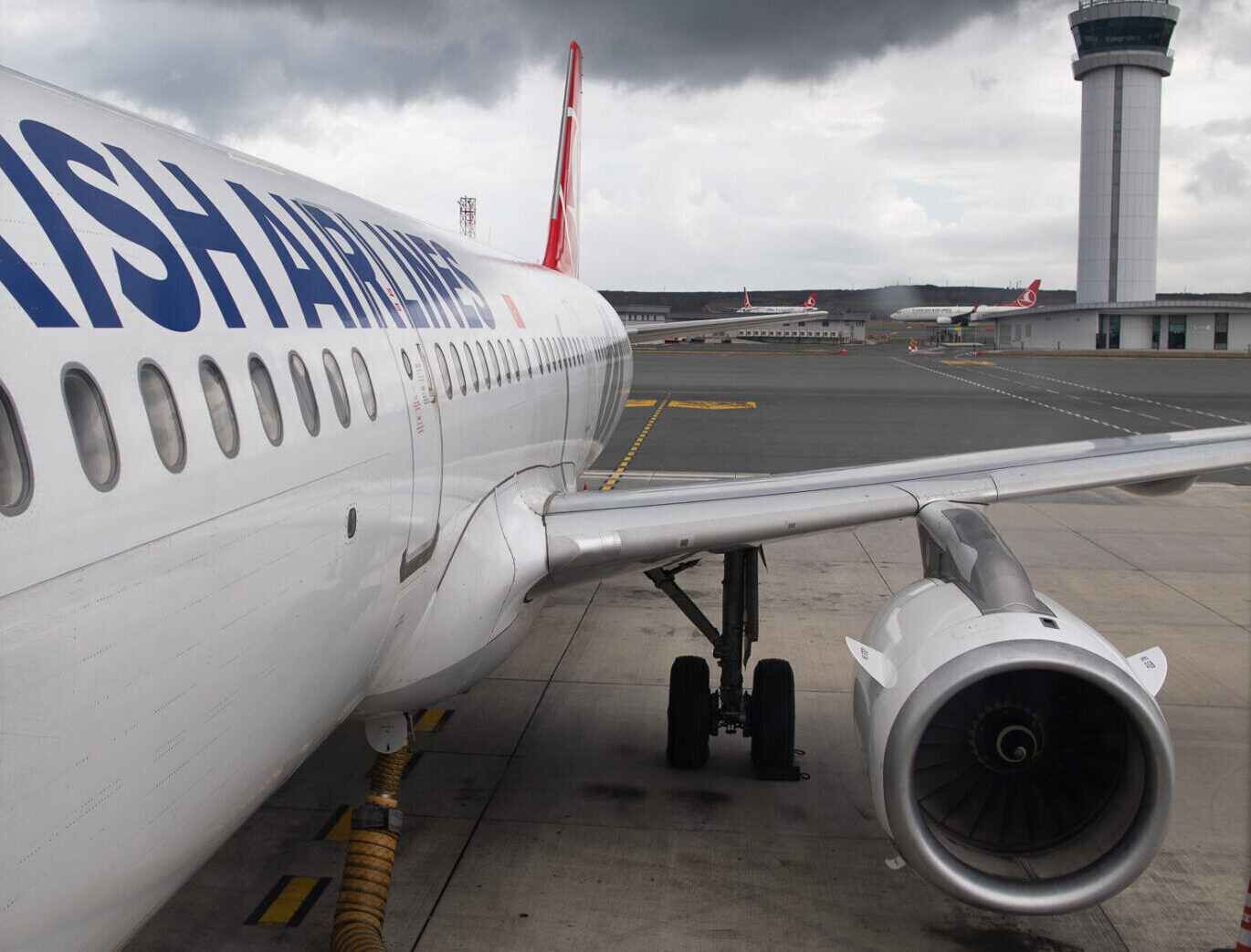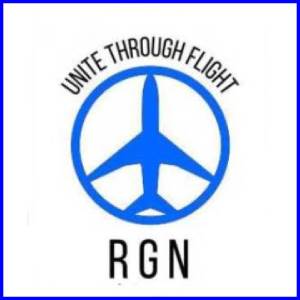 The other-worldly landscapes of Cappadocia, located in central Turkey, are some of the nation’s top tourist sites. High-speed rail has yet to reach Cappadocia, but a few airports serve the region. The larger of the two, Kayseri Erkilet Airport (ASR) offers a number of flights to and from continental Europe. The smaller, Nevsehir Kapadokya Airport (NAV) serves the two airports of Istanbul: IST via Turkish and Sabiha-Gökçen (SAW) — named after the famed female combat pilot — via AJet.
The other-worldly landscapes of Cappadocia, located in central Turkey, are some of the nation’s top tourist sites. High-speed rail has yet to reach Cappadocia, but a few airports serve the region. The larger of the two, Kayseri Erkilet Airport (ASR) offers a number of flights to and from continental Europe. The smaller, Nevsehir Kapadokya Airport (NAV) serves the two airports of Istanbul: IST via Turkish and Sabiha-Gökçen (SAW) — named after the famed female combat pilot — via AJet.
While the excitement of a new carrier and new airport beckoned from SAW, Istanbul Airport (IST) was simply cheaper and closer to where we would be staying. And so I booked a flight with Turkish from IST to Nevsehir. The $115 roundtrip fare included seat choice and a checked bag.
On the day of travel, ample self-service kiosks and an efficient bag drop system made for a quick check-in at IST’s sprawling domestic zone. However, a typo in my travel partner’s name meant having to divert to a snaking customer service line. Thankfully we arrived early, as the misadventure added a full forty minutes to the process. On the plus side, Turkish Airlines’ staffers were able to also address the return ticket, which was plagued with the same error.
Security was quick, with no real line, followed by a lengthy walk to the gates. I’ve said it before and I’ll say again, IST has its perks, but the airport feels big for the sake of being big. It’s not my favorite.
Boarding for economy class is split into two zones based on row, beginning with the back half of the airplane first. Despite clear signage about the process, no one really paid any attention and wound up boarding whenever they felt like it! Overwhelmed staff gave up on enforcement. I can’t say I blame them.
I settled into seat 9A aboard the 186-seat, 3-3-configured Airbus A321 for the one-hour flight. There is a small euro-business-enabled section in the first three rows with 34” pitch and blocked middle seats, but today they were used as regular economy class seats with no block. The rest of the 18″-wide seats are pitched at 31”.
The seat is good enough for an hour’s flight, offering modest recline and relatively comfortable padding. Otherwise it’s pretty standard with a tray table and literature pocket.
With a completely full cabin, it feels like a bit of a squeeze, but what plane doesn’t these days?
The aircraft took off on time, heading east along the black sea before carving a path south towards Nevsehir.
Not long after departure, a short meal service began. A bread-heavy sandwich and beverages were distributed to passengers.
Having eaten in the terminal, I passed on the food but enjoyed a can of Coke.
There is no seatback IFE on this twinjet and, as far as I could tell, no inflight connectivity either. There is, however, a stream-to-device option, which the airline dubs Planet Streaming. A helpful information card in the literature pocket guides one through the process of accessing it. I was excited to try it.
Unfortunately, the system was quite glitchy. While it appeared to be well-stocked with plenty of content, it also had a habit of freezing after ten seconds. I tried repeatedly to get it to work, but it froze each time. The system worked better on the return flight.
The wheels greased the runway a few minutes early, and the jet came to a hard stand just outside of the terminal. There are no jet bridges at Nevsehir, and air stairs were quickly pulled up to both doors to expedite deplaning.
A checked bag appeared a few minutes later on the belt, and before I knew it I was on my way to the Cappadocia countryside for an exciting adventure.
With a small meal and passable IFE, at least when it was working, I got far more out of Turkish Airlines domestic economy class than I expected. Add in the cheap price and the deal was even better.
Related Articles:
All images credited to the author, Jeremy Dwyer-Lindgren







